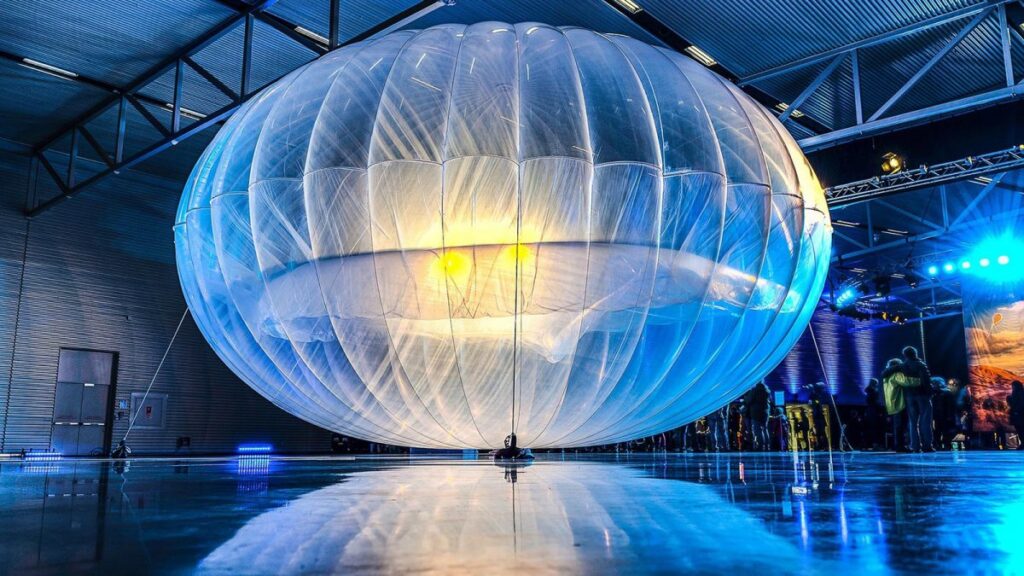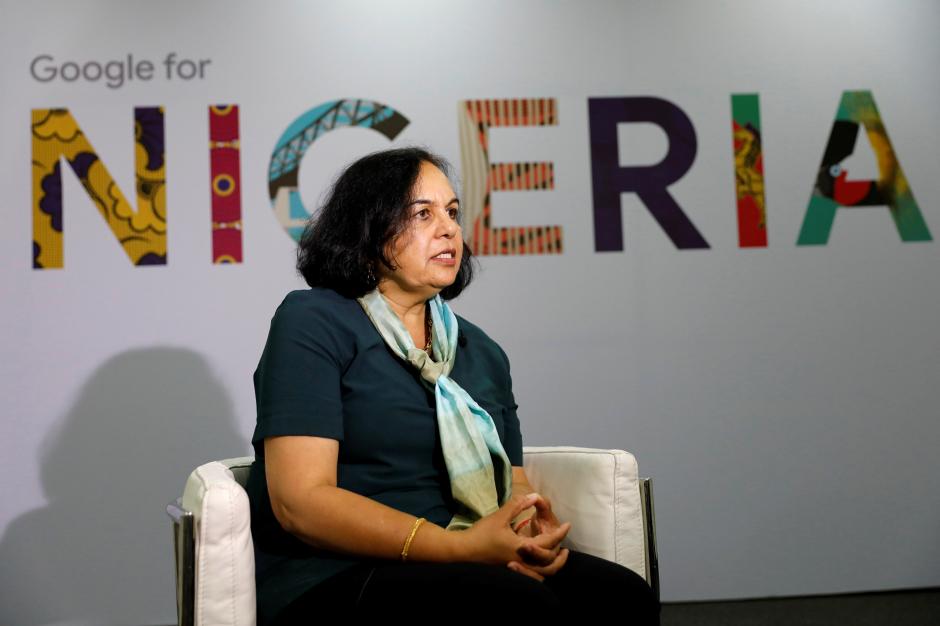Returnee Spotlight: Iyinoluwa Aboyeji’s Journey To Self-Discovery And The Birth Of Flutterwave
Very few things are more important in a person’s life than their journeys to self-discovery. As we often find out, many people—especially young people—drift from…








